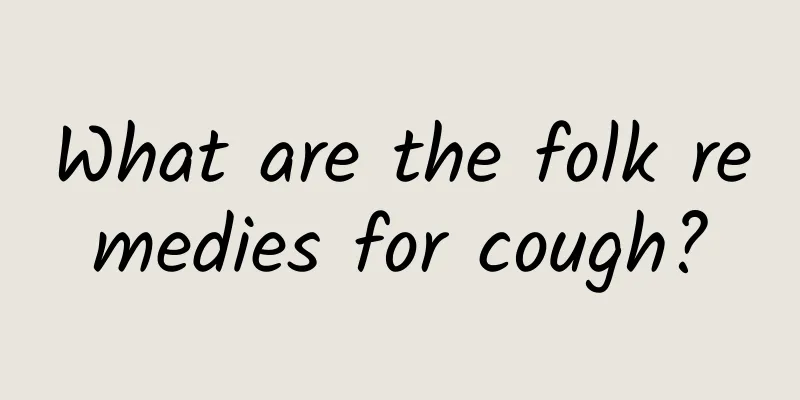What is the drug of choice for unstable angina?

|
Unstable angina is a disease that is very harmful to the human body. Therefore, when unstable angina occurs, you must actively seek treatment and pay more attention to diet in daily life. You should develop good living habits and eating habits, exercise more, and eat more foods with high protein content for unstable angina. This is conducive to the recovery of the disease. So what is the first choice medicine for unstable angina? Unstable angina is a clinical manifestation between exertional stable angina and acute myocardial infarction and sudden death. It mainly includes initial angina pectoris, worsening exertional angina pectoris, rest angina pectoris with electrocardiogram ischemic changes and early angina pectoris after myocardial infarction. It is characterized by a progressive increase in angina symptoms, new onset of rest or nocturnal angina, or prolonged duration of angina .Aspirin and heparin are important treatments for unstable angina, which aim to prevent thrombosis and stop the disease from developing into myocardial infarction. Hospitals with the conditions should perform emergency coronary angiography and intervention or elective coronary angiography and intervention. Preventive measures for unstable angina Primary prevention measures (1) Health education: Provide health knowledge education to the entire population, improve citizens' self-care awareness, avoid or change bad living habits, such as quitting smoking, paying attention to a proper diet, exercising appropriately, maintaining psychological balance, etc., so as to reduce the occurrence of coronary heart disease. (2) Control high-risk factors: Actively treat high-risk groups for coronary heart disease, such as those with hypertension, diabetes, hyperlipidemia, obesity, smoking, and family history. Of course, some of these risk factors can be controlled, such as high blood pressure, high blood lipids, diabetes, obesity, smoking, and an inactive lifestyle; while some cannot be changed, such as family history of coronary heart disease, age, and gender. Treatment methods include using appropriate medications to continuously control blood pressure, correcting abnormal lipid metabolism, quitting smoking and limiting alcohol, appropriate physical activity, controlling weight, and controlling diabetes. Secondary prevention Use proven effective drugs to prevent the recurrence and aggravation of coronary heart disease. The drugs that have been confirmed to have preventive effects include: (1) Antiplatelet drugs: Aspirin has been shown to reduce the incidence of myocardial infarction and the rate of reinfarction. The use of aspirin after acute myocardial infarction can reduce the rate of reinfarction by approximately 25%. If aspirin is intolerant or allergic, clopidogrel can be used. (2) β-blockers: As long as there are no contraindications, patients with coronary heart disease should use β-blockers, especially after an acute coronary event. Data show that the use of β-blockers in patients after acute myocardial infarction can reduce the mortality rate and reinfarction rate by 20% to 25%. The drugs that can be used include metoprolol, propranolol, timolol, etc. (3) Statins: Research results show that long-term lipid-lowering treatment for patients with coronary heart disease not only reduces the overall mortality rate and improves the survival rate, but also reduces the number of patients requiring coronary intervention or CABC. This is due to the fact that in addition to its lipid-lowering effects, statins also have the ability to improve endothelial function, have anti-inflammatory effects, affect smooth muscle cell proliferation, and interfere with platelet aggregation, coagulation, and fibrinolysis. Simvastatin, pravastatin, clovastatin and atorvastatin all have this effect. (4) ACEI: mostly used in patients with severe left ventricular dysfunction or heart failure. Many clinical trial results have confirmed that ACEI reduces mortality after acute myocardial infarction; therefore, after acute myocardial infarction, patients with ejection fraction <40% or wall motion index ≤1.2 and no contraindications should use ACEI. Commonly used ones include captopril, enalapril, benazepril and fosinopril. |
<<: What medicine should I take for stomach colic and diarrhea?
>>: How can I relieve angina pectoris?
Recommend
Is it good to have a mole on the philtrum? What is the difference between men and women?
The philtrum is located below the nose and on the...
TCM treatment of stomach problems
Gastric disease is a common disease. In fact, the...
Is plank support good for lumbar disc herniation?
Lumbar disc herniation is a relatively common dis...
How to identify if you have nasal odor
In daily life, sometimes we often feel that there ...
Early symptoms of psoriasis
Psoriasis is a common skin metabolic disease. The...
Can I take medicine for athlete's foot during breastfeeding?
Women who are breastfeeding should be very carefu...
How to treat hemorrhoids
Hemorrhoids are very common. Almost everyone has ...
What to eat to make hair grow faster
If you don't have a lot of hair, you will try...
What is pulmonary hypertension? Do you understand it after this introduction?
When it comes to pulmonary arteries, few people r...
Goose bumps on the body
Some people have things like goose bumps on their...
How is Hepatitis C transmitted?
The most common liver virus in medicine is hepati...
It stinks when I wipe behind my ears
If the area behind your ears smells bad when you ...
There is a lump in the anus of a child
The main reason for a lump in a young child's...
How many times do you need to have sex during ovulation?
For couples who are preparing to conceive, you al...
Does eating raw licorice hurt your stomach?
Drinking raw licorice in water can treat cough, i...









